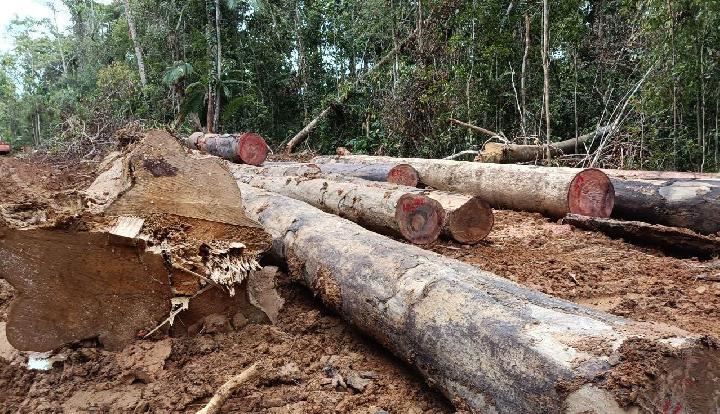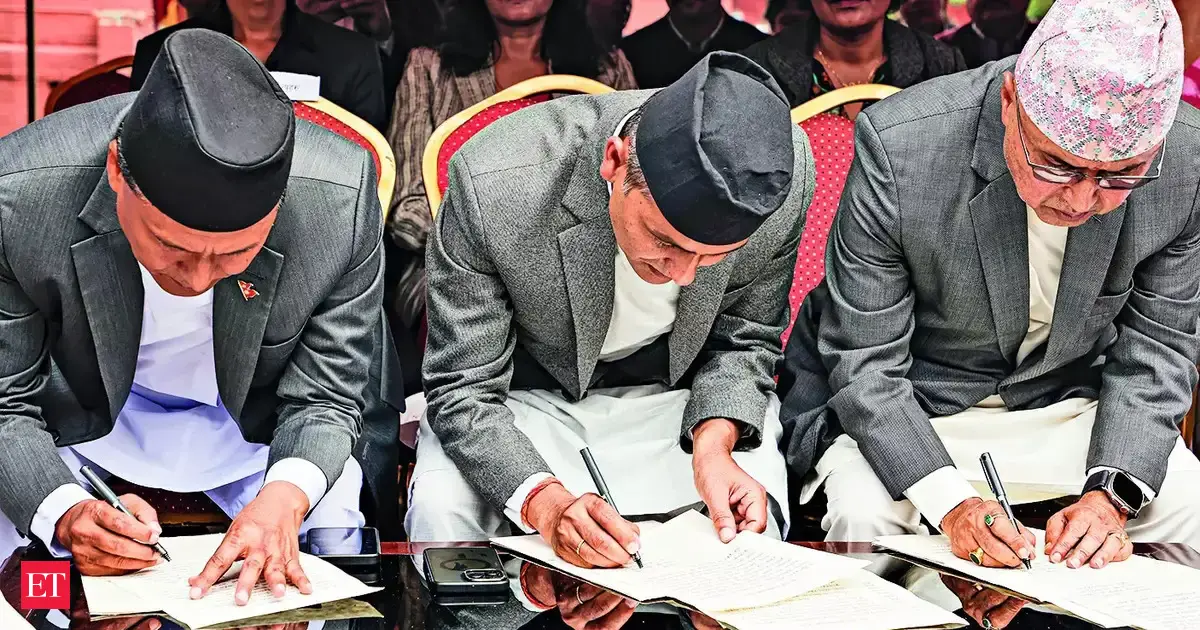By Tempo
Copyright tempo

TEMPO.CO, Jakarta – A third of Sipora Island in Mentawai is threatened by a timber company takeover. The customary forests of two indigenous communities are at risk.THE agrarian conflict in Sipora Selatan subdistrict, Mentawai Islands Regency, West Sumatra, has once again shown that the central government is not serious about protecting the rights of indigenous communities. There are strong indications that the government is putting the interests of the corporations ahead of those communities.The Uma Sakerebau Maileppet and Uma Sibagau communities have been fighting since 2017 for recognition of their customary land and forests. However, instead of obtaining protection, they now face the threat of losing more than 6,900 hectares of customary forest. This happened after Sumber Perkasa Sipora applied for a concession covering 20,706 hectares.The company’s claims have been based on a document issued by the Region III Sustainable Forest Management Center, a technical unit under the Forestry Ministry. This indicates that there has been collusion between the state and a major corporation that has sidelined the rights of indigenous people.Sipora Island, which has an area of 620.73 square kilometers and around 23,000 inhabitants, should be prioritized for conservation and sustainable exploitation, not environmentally destructive extractive industry. Customary forests, which have provided a livelihood for local people, should be protected, not sacrificed for short-term interests.However, the central government instead included Sipora Island on a forest utilization map for Forest Utilization Business Permit (PBPH). This decision is a further illustration of policy inconsistencies as well as the government’s favoring of industry interests over ecological sustainability.The Mentawai Islands Regency Regional Law, which was issued in 2017, contains provisions for recognition and protection of customary forests. Mentawai Islands Regent Rinto Wardana Samaloisa also sent a letter to the Forestry Ministry asking for a re-evaluation of the Sumber Perkasa Sipora’s PBPH proposal. But there has still been no sign of proper legal recognition from the central government.There is no reason for the central government to delay confirming the status of the Uma Sakerebau Maileppet and Uma Sibagau customary forests. This confirmation should be the government’s top priority. It would be a concrete measure that would show that the state is siding with indigenous communities.The government should also prioritize the principle of free, prior and informed consent (FPIC) in the granting of any and every permit involving indigenous communities. FPIC obliges companies to obtain free consent from the indigenous community, without any threats or manipulation. This principle is not only a question of legality, but also of social justice and respect for the rights of indigenous communities.But the fact is that data from the Nusantara Indigenous Peoples’ Alliance shows that in 2024, there were 121 cases of seizures of customary forest covering a total of 2.8 million hectares from indigenous communities. Although a total of 23.2 million hectares of customary forests have the potential to be recognized, so far only 265,250 hectares have actually been acknowledged by the state. This shows the low level of protection of the rights of indigenous communities.The government should not allow the seizures of customary forests to continue. Forests are the lungs of the earth, and indigenous communities are the protectors of forests. It is time the government sides with indigenous communities, the caretakers of the land on which they live.Read the Complete Story in Tempo English Magazine



